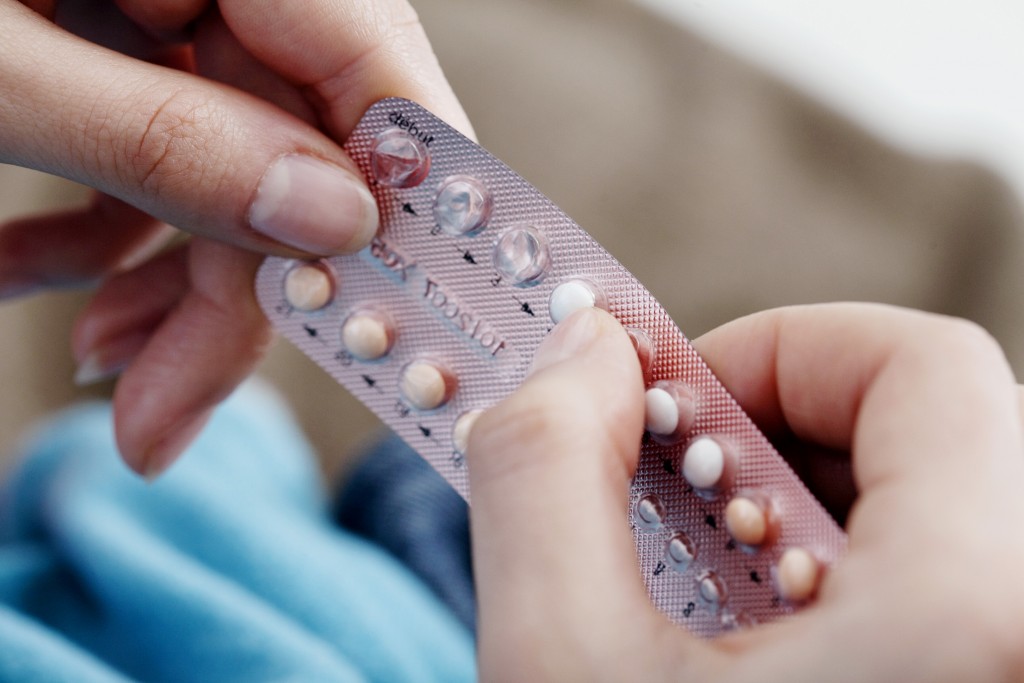Hormonal contraceptives are a lifesaver for a lot of women who want to prevent getting pregnant. But that is not to say that non-hormonal contraceptives do not offer benefits too. However, hormonal contraceptives such as pills, patches, implants and select intrauterine devices (IUDs) offer many different benefits aside from preventing unplanned pregnancy. Read on to learn more.
Menstrual Cramps or Pain
This is one of the top reasons many women take birth control pills (BCPs). Pills can help suppress cramps since they stop the ovary from releasing the egg or stop ovulation. They reduce menstrual flow, which, in turn, decreases painful uterus contractions.
PMS
Plenty of women depend on BCPs to ease premenstrual syndrome (PMS) symptoms. PMS symptoms usually include bloating, mood swings and depression. While it is still not clear what causes PMS, it is related to hormonal fluctuations that happen in the two weeks before your actual period starts. BCPs reduce the hormonal changes to help relieve PMS symptoms.
Heavy Menstrual Bleeding
Some women experience excessive menstrual bleeding that interferes with their daily activities, and in some cases even lead to anemia. But in most of these cases, BCPs decrease hormone levels that can help make bleeding shorter and lighter.
Acne Breakouts
About 14% of women who take BCPs do so to clear up acne. Pills with estrogen in particular can aid in reducing breakouts because the hormone reduces androgen in the bloodstream, the hormone that causes excess oil production in women. Ask your gynecologist in West Jordan first if you are planning to take the pill for acne issues since not all BCPs can help banish acne.
Hormonal Migraines
Hormonal fluctuations can sometimes trigger migraines during or before their periods, when their estrogen levels drop. BCPs, including those that only contain progesterone, could help decrease the hormonal fluctuations to offer pain relief.
PCOS
Approximately 5 million women suffer from polycystic ovarian syndrome (PCOS), a condition that could result in irregular periods, extreme pelvic pain, ovarian cysts and even infertility. For lots of women, taking the pill aids in correcting their hormonal imbalance to ease their PCOS symptoms.
Endometriosis Symptoms
Endometriosis is a condition that occurs when tissue that is supposed to be in the uterus develop somewhere else, typically behind the uterus, on the ovaries, the bladder or bowels. Because this misplaced tissue could cause extremely heavy bleeding and pain, the pill stops the tissue from growing by regulating hormones that cause the growth.
Risk of Endometrial and Ovarian Cancer

Gynecologists might prescribe the pill for women who have an increased risk of developing endometrial and ovarian cancers. Do note though that the pill might increase the risk of cervical and breast cancers in women predisposed to these cancers.
If you are looking to take oral contraceptives for other reasons than actual birth control, consult your gynecologist because all medications, including BCPs, have potential side effects. Your gynecologist will help you weigh the risks and benefits of BCPs to figure out the most suitable option for you.
